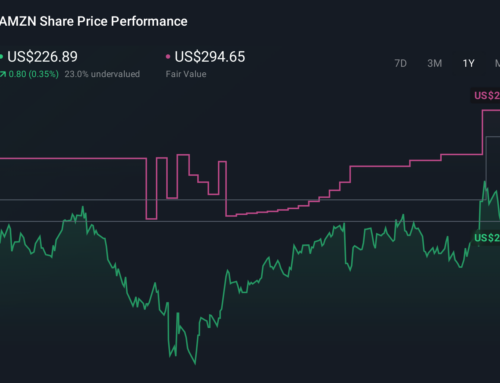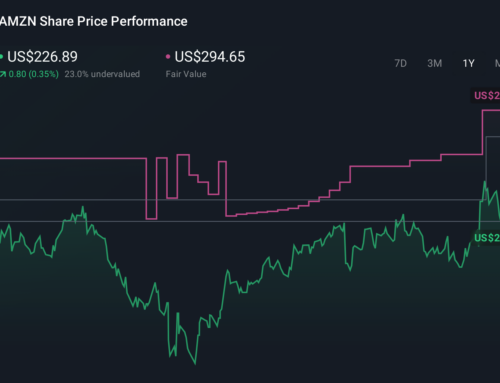Opinion: Clean energy incentives have worked for Missouri. Keep them.
June 11, 2025
The “Palace of Electricity,” once located in Forest Park across from the Grand Basin, was one of the main attractions of the 1904 World’s Fair. At its time, only one in 10 farming households had electricity. But the need to industrialize the country and raise the standard of living inspired Congress to pass the Rural Electrification Act (REA) in 1936.
That bill enabled public-private partnerships to build electricity transmission and distribution access across America. Up to that point, it had been deemed economically infeasible. It worked. By the 1950s, nearly nine in 10 farming homes had electricity. A higher standard of living, more jobs and a century’s worth of economic prosperity followed.
In 2022, Congress passed a law supporting American clean energy incentives which, like the REA before it, incentivized private investment towards matters of urgent national importance: bolstering U.S. energy dominance in production and manufacturing. And it is working. In 2017, the U.S. ranked 14th globally in solar manufacturing; today, we are third. America added 50 gigawatts of solar to the nation’s grids in 2024, a 21% increase over the prior year. And with all of that, billions upon billions of investment has come to Missouri and communities across the nation.
People are also reading…
Unfortunately, the budget bill that recently passed by the U.S. House threatens to undo the tremendous progress that has been made on this topic. By repealing clean energy tax credits, the bill would make the U.S. less energy secure, raise electricity bills and jeopardize hundreds of thousands of jobs.
There’s still time to get it right. As Congress continues its tax negotiations, I encourage Missouri Sens. Josh Hawley and Eric Schmitt, and the rest of Missouri’s congressional delegation, to protect commonsense solar and storage tax credits, which are essential to today’s American energy landscape.
As the CEO of Birch Creek Energy, a St. Louis-based renewable energy developer, I am proud to be part of an industry critical to preserving domestic energy dominance. Birch Creek and its projects have brought over $500 million in investment across Missouri and Illinois and our solar projects are powering thousands of homes with clean, affordable energy. We have over 100 projects in our pipeline and each solar project we build requires, on average, roughly 150 construction workers at its peak.
Local landowners and businesses benefit through lease payments and secondary economic activity as well as municipalities through increased tax assessments. In addition, much of what we build now primarily uses U.S.-manufactured equipment, made possible by existing policy.
Beyond economic factors, renewable energy is also critical to the energy supply chain in a critical moment of global competition. While energy demand in America was flat for decades, it is now increasing rapidly with the dramatic expansion of data centers, and in particular, artificial intelligence. The race for AI hegemony is upon us, and critical to our ability to keep pace with China will come down to whether we can generate enough new electricity to power its unprecedented demand.
To be clear, gas, nuclear and other forms of energy are essential parts of the “all-of-the-above” strategy, but they take much more time to deploy and can only meet about 16% of near-term demand. The waitlist for gas turbines is years long. Nuclear plants take roughly ten years to develop and deploy.
Solar and storage, on the other hand, typically take less than two years to construct. Which is why, according to the U.S. Energy Information Agency, 81% of all new generating capacity in 2024 came from those two technologies.
For the U.S. to win the AI race and grow our economy, we need lots of energy at breakneck speed. That means we need solar and storage — the fastest and most cost-effective ways to add energy to the grid. With jobs, national security and global influence on the line, we need to treat this threat with existential urgency.
Missourians simply cannot afford for Congress to undermine our ability to meet energy demand at this moment when it is most critical. A failure to change course would be disastrous for the grid’s reliability, Americans’ energy bills, and national security.
I encourage all of my fellow Missourians who care about America’s competitiveness and standing in this next century to join me in urging our congressional delegation to protect America’s energy future and protect clean energy tax credits.
Siegel is a longtime resident of St. Louis and CEO of Birch Creek Energy, a St. Louis-based renewable energy company that builds, owns and operates utility-scale solar and storage.
Search
RECENT PRESS RELEASES
Related Post




